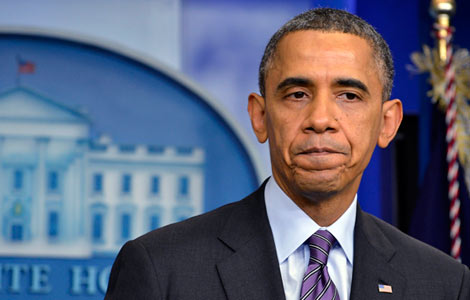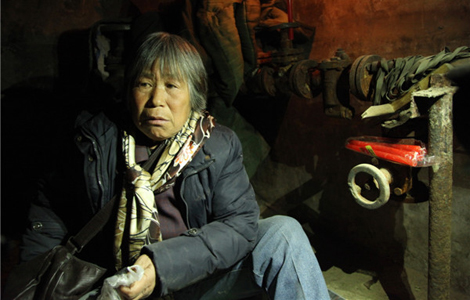China may have 'missed the boat' on TPP trade negotiations
Updated: 2013-12-07 06:52
By Li Jiabao (China Daily)
|
||||||||
China may have missed the chance to join the Trans-Pacific Partnership as negotiators are close to ending the talks and may close the door to a newcomer to avoid any delays, experts said on Friday.
Meanwhile, the nation is being urged to make a proposal during the 2014 Meeting of the Asia-Pacific Economic Cooperation forum. That is, to establish an Asia-Pacific free trade agreement integrating the advanced TPP and the Regional Comprehensive Economic Partnership, which covers developing economies.
"When it's ready, China should join the TPP negotiations. But it's surely too late now," Masahiro Kawai, dean and the chief executive officer of the Asian Development Bank Institute, told the Economic Integration of the Asia-Pacific Region Outlook: RCEP & TPP International Forum.
East Asia is considered the most dynamic area in terms of global economic growth. In addition to the United States-led TPP, which covers 12 countries, the RCEP is in progress covering 16 economies.
Some countries are involved with negotiations for both pacts. For example, South Korea expressed interest in the TPP after Japan joined the TPP negotiations in July.
US Trade Representative Michael Froman said on Nov 29 that the US welcomed South Korea's expression of interest in joining the TPP, but he added that the possible entry of any new country would be expected to occur after the negotiations among the current members concluded.
"China's entry into the TPP depends on whether the US really welcomes China," said Chen Deming, chairman of the Association for Relations Across the Taiwan Straits and former commerce minister.
"South Korea can be part of the TPP. As for China, the issue will be very, very difficult," said Peter A. Petri, a researcher at the International Business School of Brandeis University in the US.
He added that the TPP is likely to be completed early next year.
"In the coming period, global trade and investment rules will be first forged in regions. These rules will be formulated to high standards and favor developed economies.
"The rules then will be expanded into multilateral ones," Chen said.
"China should try to join in all the possible regional or multilateral trade agreements at an early stage, which will in turn push forward domestic reforms and help our country flourish in the coming decades.
"We will be at a disadvantageous position if we are forced to accept the completed pacts during their expansion into multilateral ones," he added.
Most Viewed
Editor's Picks

|

|

|

|

|

|
Today's Top News
China may have 'missed the boat' on TPP trade negotiations
HK investors eye opportunities in Shanghai FTZ
Mandela to be laid to rest in Qunu on Dec 15
Obama to fly to S Africa for Mandela's memorial
CSRC to boost IPO reform plan
Smog gives expats second thoughts
Nations to jointly tap nuclear markets
US backs Chinese military ties
US Weekly

|

|













